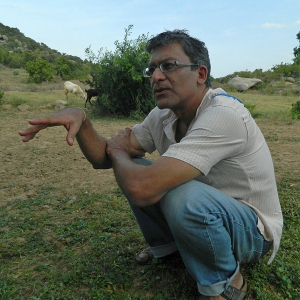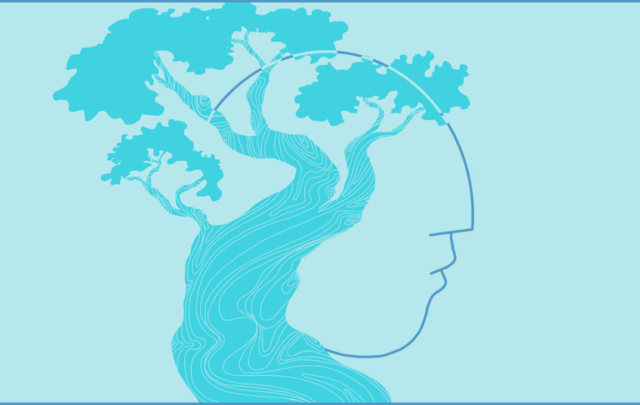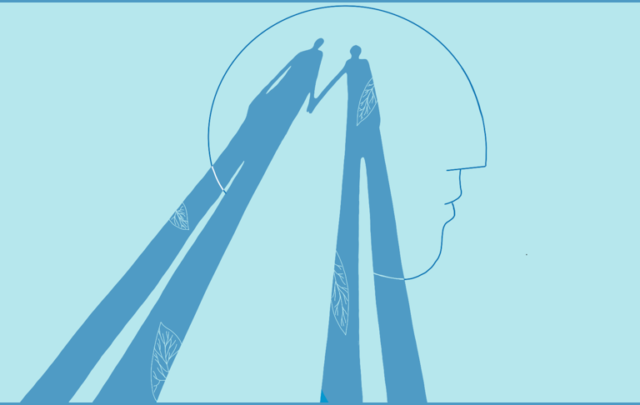Rahul Goswami, Energy Bulletin
How do ‘developing’ countries prioritise energy goals? How should they in the face of climate change? These countries, with per capita energy consumption and CO2 emissions which average one-sixth those of the ‘industrialised’ world, are not primarily responsible for climate deterioration, but on the other hand they are the most vulnerable to climate change impacts because, says the United Nations Framework Convention on Climate Change (UNFCCC) they have fewer resources to adapt – socially, technologically and financially.
For the majority of the populations in these countries climate change issue is not a priority concern compared with problems of poverty, natural resource management, energy and livelihood needs.
December 18, 2010






